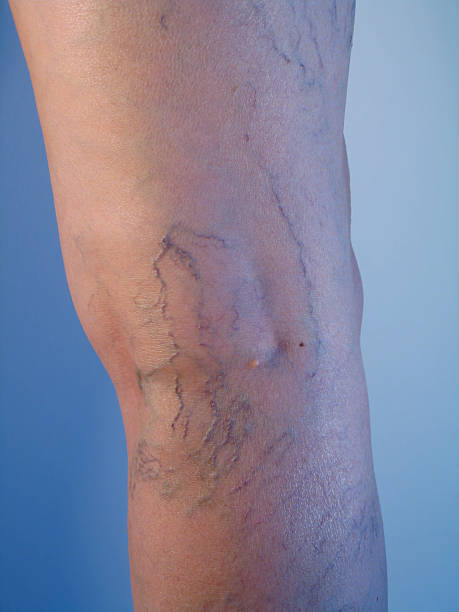Iodine is an essential trace element. A lack of iodine can even lead to an underactive thyroid.

Iodine is an essential trace element
Iodine is important for mental and physical development, especially in children, according to the AOK Federal Association. Iodine deficiency is a gradual process that is often not noticeable at first. But in the long term, a deficiency can trigger changes or diseases of the thyroid gland. The consequences range from depression to difficulty concentrating. “Iodine is a vital trace element. The body needs it for the formation of thyroid hormones, among other things,” says Dr. Julian Bleek, doctor in the AOK Federal Association.
According to the German Society for Nutrition, the recommended daily iodine intake for children is between 100 and 200 micrograms, depending on their age. For adults it should be around 200 micrograms daily. Pregnant and breastfeeding women have a particularly high iodine requirement (230 or 260 micrograms per day).
Hypothyroidism due to iodine deficiency: These are the symptoms
If the thyroid does not get enough iodine, it can no longer produce enough hormones. It then first tries to compensate for this deficit by enlarging itself. As a result, a goiter forms, also called goiter. From a certain size, a goiter is also visible from the outside and can cause symptoms, for example problems with swallowing or a wheezing noise. The suspicion of goiter can be clarified by means of a palpation examination and ultrasound.
If the thyroid gland is no longer able to produce enough thyroid hormones despite this enlargement, the result is hypothyroidism. Those affected then feel listless and tired and complain of a physical and mental drop in performance. There may be other symptoms.
skin changes (dry, cool, pale yellow, or doughy skin)
dry, brittle hair
rough, hoarse voice
weight gain
constipation tendency
decreasing fertility and potency
slow heartbeat
The iodine requirement can easily be covered with everyday foods
In order to cover the daily need for iodine, one can quickly become active oneself, as the element is easily absorbed through food: The “Bavarian Consumer Center” recommends that iodized salt be preferred over the non-iodized salt and that it should be used in the kitchen. Loosely packaged bread and baked goods and sausages are usually also produced with iodized salt.
However, iodine is not only contained in salt, but also in sea fish and seafood. The trace element is also contained in smaller doses in spinach, broccoli, rye bread, algae and dairy products






















